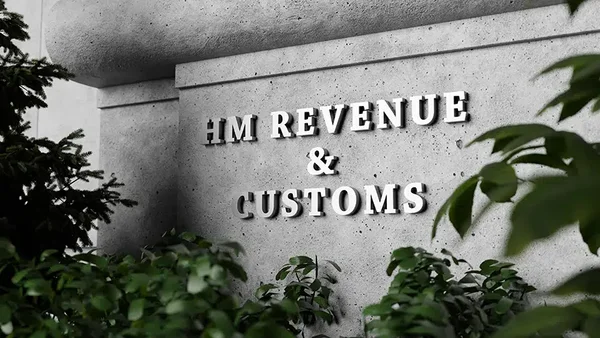
The upcoming Spring Statement 2025, scheduled for 26 March, has garnered significant attention, particularly among the self-employed community. Chancellor Rachel Reeves is set to address the nation's economic trajectory amidst challenges such as rising inflation and subdued growth.
For the self-employed, understanding potential shifts in National Insurance contributions and the introduction of new tax incentives is crucial. This article explores the anticipated changes and their implications for self-employed individuals.
Recent National Insurance Adjustments
In April 2024, notable changes were implemented to National Insurance Contributions (NICs). The main rate for Class 4 NICs, pertinent to the self-employed, was reduced from 9% to 6%.
Additionally, the obligation to pay Class 2 NICs was abolished for most self-employed individuals, simplifying the contribution process. These adjustments aimed to alleviate the financial burden on self-employed professionals, potentially saving an average individual earning £28,000 approximately £650 annually.

Potential Increases in Employer National Insurance
While the self-employed benefited from NIC reductions, employers are poised to experience increases. Starting April 2025, the employer's NIC rate is set to rise from 13.8% to 15%. Moreover, the threshold at which employers begin paying NICs will decrease from £9,100 to £5,000.
These changes could indirectly affect self-employed individuals who hire staff or operate through limited companies, leading to increased operational costs.
Enhancements to Employment Allowance
To counterbalance the hike in employer NICs, the government plans to increase the Employment Allowance from £5,000 to £10,500. This allowance enables eligible employers to reduce their annual NIC liability, offering relief to small businesses and self-employed individuals with employees.
However, it's essential to note that single-director limited companies without additional employees may not qualify for this benefit.

Anticipated Tax Breaks and Incentives
The self-employed sector eagerly awaits potential tax incentives in the forthcoming Spring Statement. Discussions suggest the introduction of measures to stimulate growth and support small businesses.
These could encompass enhanced capital allowances, research and development (R&D) tax credits, or specific grants targeting innovation and sustainability. Such initiatives would aim to bolster the competitiveness and resilience of self-employed professionals in a challenging economic landscape.

Fun Facts
Did you know that as of April 2024, self-employed individuals earning up to £12,570 annually are exempt from paying Class 4 National Insurance Contributions?
This threshold aligns with the personal allowance for income tax, meaning many self-employed professionals with modest earnings have minimal National Insurance liabilities, simplifying their tax obligations.
Conclusion
The Spring Statement 2025 presents a pivotal moment for the self-employed, with potential policy shifts that could significantly impact their financial landscape. While recent reductions in NICs have provided relief, upcoming increases in employer contributions and adjustments to allowances necessitate careful attention.
Staying informed and proactive will be essential for self-employed individuals to navigate these changes effectively and capitalize on available opportunities.
Frequently Asked Questions
How will the increase in employer National Insurance affect the self-employed?
While the rise primarily impacts employers, self-employed individuals who hire staff or operate through limited companies may face increased costs, influencing hiring decisions and wage structures.
What is the Employment Allowance, and who qualifies?
The Employment Allowance allows eligible employers to reduce their annual National Insurance liability. From April
Will there be new tax breaks for the self-employed?
While no official announcements have been made yet, potential tax breaks could include enhanced capital allowances, R&D tax credits, or grants for innovation and sustainability.
How do National Insurance changes impact self-employed individuals earning below £12,570?
Self-employed individuals earning below £12,570 remain exempt from Class 4 NICs, meaning they won’t see an increase in their contributions under the new rules.
When will the Spring Statement 2025 take place?
The Spring Statement is scheduled for 26 March 2025, where the Chancellor will outline economic policies, including updates on taxation and business incentives.











